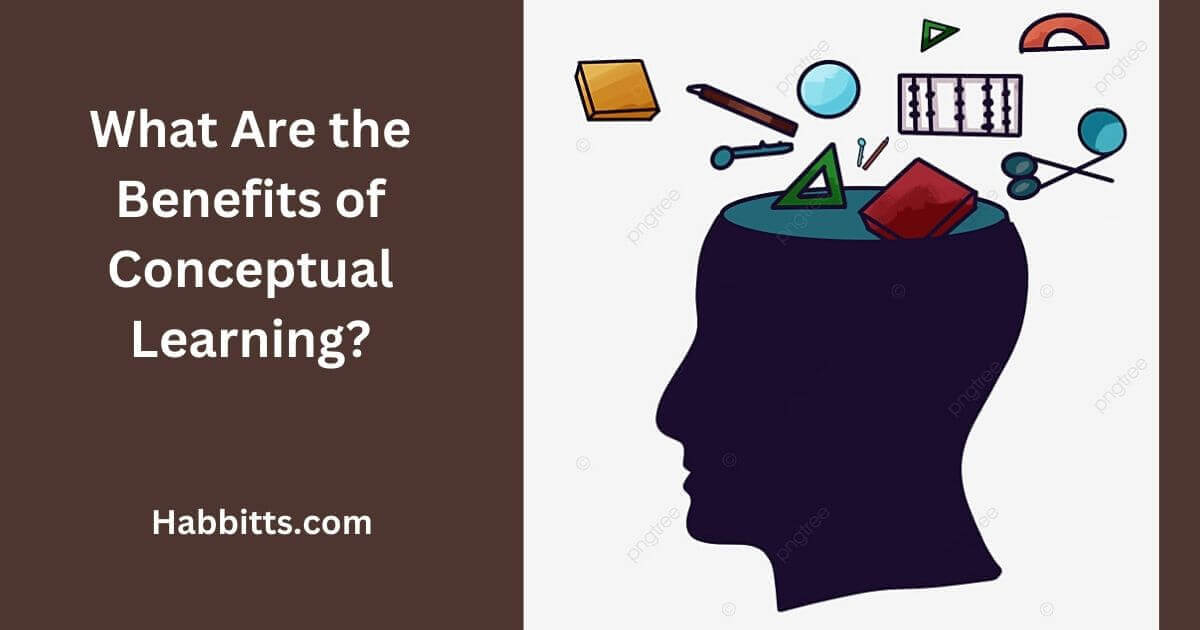The most recent educational strategy is conceptual learning. Rather than teaching students specific facts, it focuses on understanding vital concepts and arranging data. Concrete concepts can be recalled from perceptual memory codes like chairs and dogs. Concepts associate with a word not have perceptual memory codes but can be remembered by associating with other information.
Table of Contents
Promotes Future Learning
An advanced concept learning approach allows students to become proficient in mathematical skills. They are working collaboratively and considering descriptions and conditions when completing tasks. This method also encourages students to develop flexible thinking and perceive connections between math and other curriculum areas. Students with a solid understanding of concepts can easily apply them to other forms of information. It is like tables, graphs, equations, and Venn diagrams. This skill will prove invaluable in a student’s future career. It will enable to work with different types of data and information that might be encountered. Nursing educators are increasingly incorporating concept learning into their courses. They struggle to teach undergraduate nursing content constantly transformed by the healthcare industry. Nursing students who participate in these courses will be better equipped to deal with the changing conditions of their workplaces. It can confidently tackle any problem they encounter during their careers.
Improved Learning
A concept is a group of attributes that represent real-life elements and events. These generally categorize objects, people, places, or situations. They can be either sensory or abstract. For example, a course on medical diagnosis involves mainly sensory concepts, while one on leadership and management would involve mostly abstract ones. Learning a concept involves classifying and simplifying what you have observed.
It is known as exemplar learning. Psychological theories of concept learning vary widely in their assumptions about the nature of learning a concept. It is essential to use a variety of concrete examples when teaching a new concept. This will help to improve the student’s understanding of abstract concepts. It is also a good idea to space the learning of concepts over time rather than trying to cram all the information into a single session. Using quizzing and other active learning strategies also helps to enhance the learning of complex concepts.
Less Memorization
Sometimes, the human brain can be a mystery. It can remember facts and figures from conversations long gone. Other times, it seems as though everything you learn gets wiped from your memory the minute you step away from your computer or log off Zoom. Concept learning reduces memorization by requiring more active engagement and emphasizing the importance of creating logical connections between information.
The theory behind this approach is that students who have an integrated understanding of concepts are more able to recall them when needed. Some theories of concept formation involve a process known as generalization, whereby the characteristics essential to a category get bound together. For example, if you see an image of a bird and know that birds have feathers and wings, then anytime you see something with those attributes, you will be more likely to categorize it as a bird. Other theories take a more mathematical approach by using Bayesian models to produce probabilities for the features necessary to define a given concept.
Encourages Active Participation
Despite students’ assertions that they learn better by listening than participating, many instructors have found that their students benefit from active learning strategies. However, instructors need to plan their active learning activities carefully, starting with lower-risk, less complicated activities when students are still gaining mastery of the content.
Exemplar theory of concept learning suggests that learners store specific examples of objects in a category and then evaluate new objects only based on how closely they resemble one or more stored examples. For example, the idea that water is wet could be learned by storing several examples of wet objects. Encourage student participation by using verbal and nonverbal cues that signal your desire to hear from various students. For example, ask for a volunteer for each question, avoid responding to the same frequent volunteers, and use questions requiring more profound thought or evidence than a simple “good point.” Incorporate student-generated presentations or discussion assignments into class.




